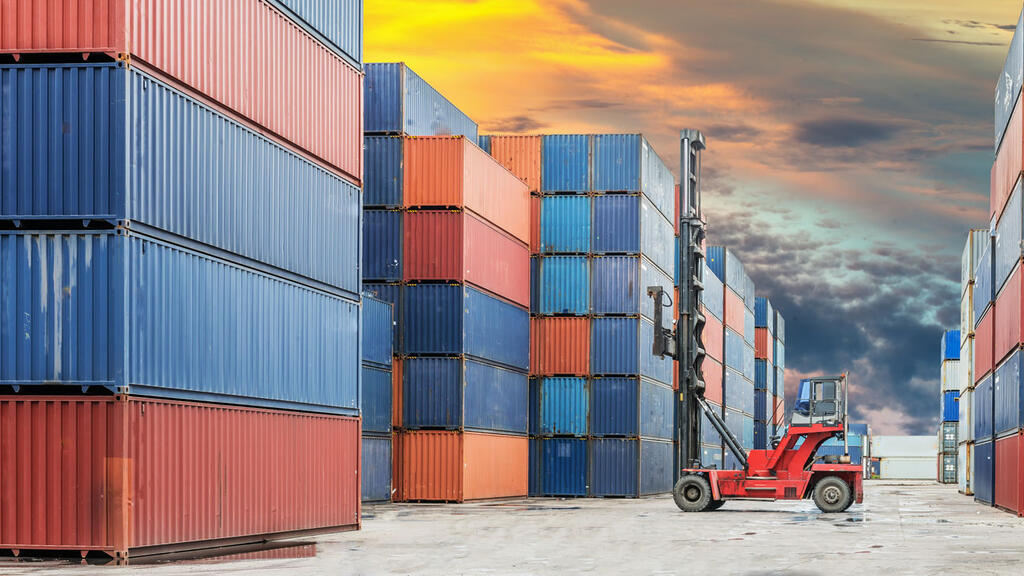The Ministerial Committee on the Fight against the Cost of Living has approved the reform "What's good for Europe is good for Israel," which abolishes the requirement for product inspections upon entry to Israel and the need for import approval from the Standards Institute and the Health Ministry.
Read more:
This decision comes after the Health Ministry agreed for the first time to the plan proposed by Finance Minister Nir Barkat. According to the plan, products marketed in Europe can be imported to Israel based solely on the importer's declaration, relying on European or European-approved standards.
2 View gallery


Products marketed in Europe can be imported to Israel based on European or European-approved standards
(Photo: Shutterstock)
The bill will be presented for public review next week, initiating the legislative process in the Knesset. It is anticipated to be fully enacted by the end of the winter session in April 2024, contingent on the government not dissolving. The legislation requires collaboration from several ministries: Economy, Treasury, Agriculture, and Health.
This shift entails moving from port inspections to market inspections and transitioning from batch inspections to inspecting every product shipment (albeit in a sample-based manner), transferring regulatory responsibility from inspectors to importers and manufacturers.
The idea isn't entirely new; it's a refinement of previous reforms, particularly from past governments, which were either partially implemented or remained on the drawing board. According to the Economy Ministry, importers stand to save between 8% to 12%, although these savings might not necessarily trickle down to consumers. Importers could simply pocket the difference. The Economy Ministry argues that this move will encourage more importers, fostering greater competition. However, competition among importers isn't always solely about pricing.


